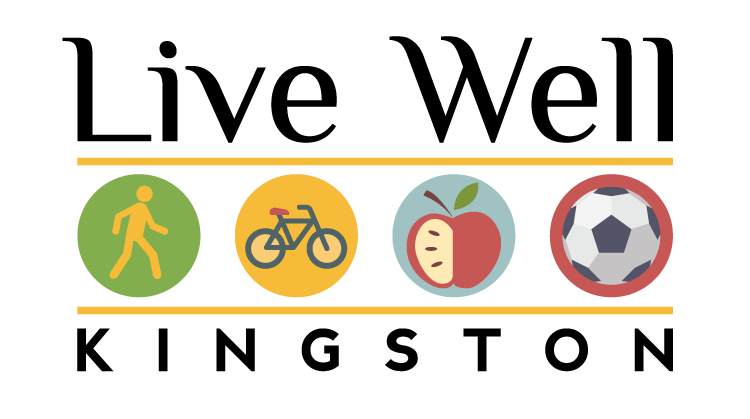Brief history
National Child Health Day is recognized in the United States on the first Monday of October. This year, October 3, 2022, we can recognize this day to support the physical, mental, social, and intellectual health of all children.
In 1928, President Calvin Coolidge proclaimed a National Child Health Day of observance on May 1. In 1960, it was changed to the first Monday in October. While it’s not an official holiday, many schools and hospitals take part in celebrating the day.
“The health of the child is the power of the nation”
Before the 20th century, children were often treated- medicinally, intellectually, and socially- as mini-adults, despite having vastly different needs. It wasn’t even until the mid-1800s that the first children’s hospital was founded. These early hospitals went as far as providing clothing and food to children in need, which significantly reduced the number of children suffering from chronic, preventable medical conditions. The official slogan for National Child Health Day is “the health of the child is the power of the nation,” reflecting that the investment into children’s wellbeing benefits the entire society.
Social Determinants of Health
Health is a complex issue, and being in a state of overall good health isn’t always up to an individual. Many things affect health that are beyond an individual’s control. The “social determinants of health” are the conditions in which we are born, live, work, learn, and play. There are obvious conditions that affect people’s health- like not being able to afford nutrient-dense foods, healthcare, and/or housing due to economic instability (living in poverty).
There are other, less obvious, conditions that affect one’s health and quality of life. Access to quality education and school environments play a huge role in the health of children, starting with early childhood education all the way to higher education. Those who do not finish high school are more likely to develop chronic health problems like heart disease, type 2 diabetes, and depression.
Healthy People 2030
Supporting preschool-aged children to be developmentally ready for school and increasing the number of students who are proficient in math and reading are two of the goals of “Healthy People 2030,” a US Department of Health and Human Services framework aimed at improving the health and well-being of all people- read more about that here!
Simply educating and encouraging children to eat healthy and get enough physical activity won’t eliminate health disparities. Instead, it’s important to use strategies that reach entire communities and populations through long-term, sustainable, systems-wide changes. This means, instead of focusing on one-time events, like a health fair, it’s more effective for a school or organization to adopt a policy that changes behavior long term. This could look like a school adopting a policy that provides school breakfast after the bell in the classroom so that more children are able to fuel their bodies at the start of the day.
Other effective ways to encourage equitable health outcomes include changing the way a school system works or its physical environment. The farm-to-school movement connects school districts with locally grown produce and farmers by changing food purchasing practices and providing farming/gardening education in the classroom. This system change could lead to an environmental change of building school gardens. These changes have a lasting impact on the health and wellbeing of not only students, but also their families, teaching staff, and the broader community.
 Ways to observe/celebrate
Ways to observe/celebrate
- There are SO many ways you can observe National Child Health Day! If you want to celebrate with big picture thinking, check and see if the important child in your life (child, grandchild, niece/nephew, etc.) has a school wellness committee or PTO that you can join. These committees can help spur systems-wide changes to benefit the health and wellbeing of all children.
- Of course, it isn’t up to you alone to change the system! If you want to celebrate by doing something with the children in your life, consider some of the following:
- Get outside! Go for a walk, play in the park, dig in the dirt, do some yard work (‘tis the season to be raking leaves- or shoveling mulch 😉).
- Cook together! Cooking with kids doesn’t have to be elaborate. Even having a child cut some green onions into a salad using safety scissors, or adding spices to a soup can be a great way to learn about food and cultural traditions.
- Turn off the TV! Have a screen-free evening and try a family board game night instead!
- Take this time to make healthcare appointments! Is your child up to date with their physical? Teeth cleaning? Vaccinations? Here’s your reminder to make sure!
Do you have other special things you like to do to honor your kid’s health? We’d love to hear more! And if a child you love goes to Kingston City School District, you can reach out to Cornell Cooperative Extension of Ulster County’s school health coordinator to get more information about joining/starting a school health and wellness committee. Nw293@cornell.edu 845-340-3990 ext.347




